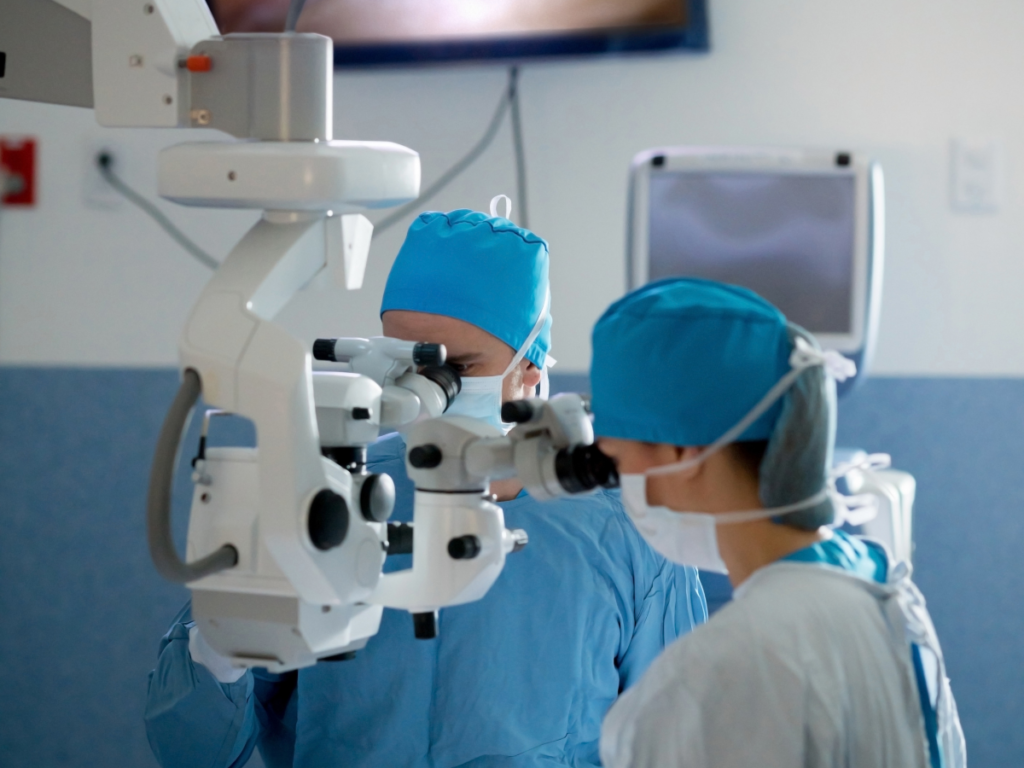Optometrists use cutting-edge diagnostic tools and technologies to assess the overall health of the eyes and identify any issues early on. Optometrists perform routine eye exams that are crucial for the early identification of disorders such as diabetic retinopathy, macular degeneration, and glaucoma. To provide an efficient and well-coordinated approach to eye care, these specialists collaborate closely with other medical experts, including primary care physicians and ophthalmologists. Optometrists are also essential in teaching patients about lifestyle modifications and preventive actions that can help them maintain the best possible eye health. If you have any issues and want to get an expert Optometrist in Brampton, don’t forget to contact Drs J & K Gill & Associates. Their eye doctors provide their patients with innovative therapies and individualised plans for managing ocular disorders by remaining up to date on the most recent developments in the field of eye care.
The top five methods for managing ocular diseases that all optometrists should know to provide complete eye care are covered in this article.
High-Tech Imaging Techniques:
Recent advances in technology have greatly improved the capacity to identify and track eye illnesses. Proficiency in modern imaging methods, including fundus photography and Optical Coherence Tomography (OCT), is required for optometrists. These instruments provide accurate images of the interior structures of the eye, which may help in the early detection and monitoring of conditions like retinal detachment, ocular swelling, and visual nerve issues.
Early Identification with Thorough Ocular Exams:
Early identification is the cornerstone of successful care of eye diseases. Even for those without any obvious vision issues, optometrists should stress the value of routine eye exams. In addition to evaluating refractive faults, a thorough eye exam enables optometrists to identify early warning indicators for ocular conditions such as age-related macular degeneration (AMD), diabetic retinopathy (DR), and glaucoma. Better patient outcomes and timely intervention are made possible by early identification.
Patient Counselling and Education about Lifestyle:
By teaching their patients the value of leading a healthy lifestyle and practising good eye care, optometrists can make a substantial contribution to the management of ocular diseases. Ocular diseases can arise and worsen as a result of lifestyle choices like smoking, eating poorly, and spending too much time in the sun. A balanced diet, frequent exercise, and taking precautions against environmental hazards are all aspects of a healthy lifestyle that optometrists should advise their patients to follow.
Specific Care Initiatives:
Since every patient is different, treating eye diseases may not be best served by a one-size-fits-all strategy. Unique therapies should be created by opticians based on the unique requirements and traits of every patient. This could entail a mix of prescription drugs, lifestyle adjustments, and continuing observation. Optometrists can enhance patient outcomes and improve the efficacy of therapies by modifying treatment strategies to each patient’s unique situation.
Working Together With Eye Specialists:
For the treatment of additional visual conditions, cooperation between optometrists and ophthalmologists is important, even though optometrists are vital in primary eye care. Strong professional connections between opticians and doctors are essential for facilitating prompt referrals and guaranteeing that patients receive specialised care when required. The care of ocular diseases can be approached comprehensively and multidisciplinaryly thanks to this collaborative approach.
To Sum Up
The area of optometry’s therapy of ocular diseases is dynamic and ever-changing. In a position to deliver top-notch care are optometrists with a broad range of competencies, such as sophisticated imaging techniques, early detection methods, teamwork with ophthalmologists, patient education, and custom treatment regimens. Expert eye doctors can assure their patients’ visual health and well-being by staying up to date on the most recent developments in the treatment of eye conditions. You can also go through the Drs J & K Gill & Associates Brampton eye care to get expert services. As medical professionals, their mission is to give each patient the individual attention and care they need. They understand that patients require frank and informed guidance, and this is their priority while serving their clients. Contact them today to get your appointment in Mississauga and Brampton.
